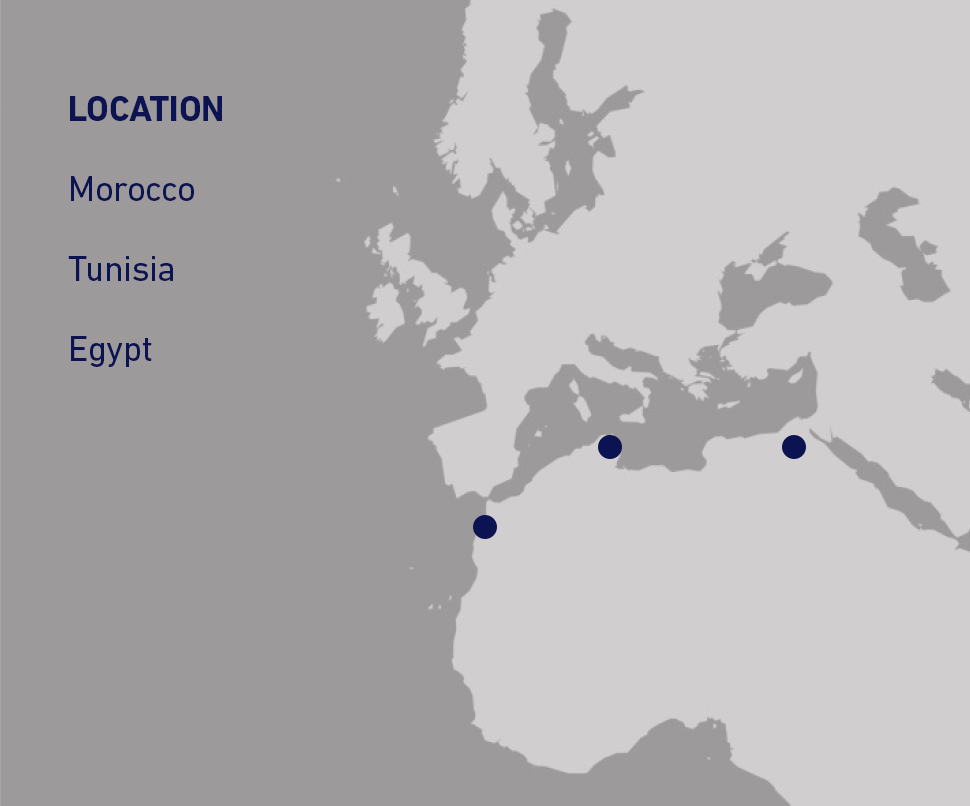
Forming Responsible Citizens
Context and objectives
Launched in 2015, the Forming Responsible Citizens project helped to develop the civic values of young people, promoting the role of schools as the main vehicle for preventing violence and transmitting values of tolerance and gender equality.
The project was implemented in Jordan, Lebanon, Morocco and Tunisia, with the financial support of the governments of Norway and Monaco. The project involved three components:
- National diagnosis: Analysis of existing civic education curricula and textbooks for secondary schools that have a culture of non-violence and gender consideration.
- Development of didactic material complementary to existing curricula: New materials for secondary-school teachers to complement existing curricula, in coordination with national ministries of education and in line with countries’ priorities on civic education and responsible citizenship.
- Teacher training and project implementation in schools: Teachers from 12 pilot schools were trained in the use of the new didactic materials, with a project-oriented and participatory approach. The project encouraged children’s participation through the creation of Citizenship Education Clubs in the pilot schools, formed of teachers and students, as well as being open to parents and other members of civil society. These clubs gave students the opportunity to acquire the abilities of dialogue and conflict solving. Values such as gender equality and cultural and religious tolerance were transmitted through practical exercises together with the education community within and outside the school.
Location

Key figures
Duration:
2015 – 2017
Pilot schools:
9
Total cost:
€759,249
Countries:
3
Promoter
The project was promoted by Ideaborn, an organisation based in Spain, in cooperation with local non-governmental organisations from Jordan, Lebanon, Morocco and Tunisia. It was implemented in partnership with national education authorities from the participating countries.
Beneficiaries
- 3,000 students in nine pilot schools from Morocco, Tunisia and Egypt.
- 90 teachers from the three countries involved, who were trained in up-to-date citizenship content and methodologies, gender equality and female empowerment.
- 30 stakeholders (researchers, policymakers, curriculum designers, government officials) who are aware of the changes needed in the education system to correctly instil these values in future generations.
Key actions
Joint analysis of the existing textbooks in the three participating countries’ secondary schools, carried out in partnership with national education authorities, from the perspective of civic education and gender equality.
Producing a new, redesigned version of national curricula, followed by teacher training in citizenship education.
Facilitating community meetings and engagement (parents, teachers, school authorities).
Results
New, widely-implemented curricula including civic concepts, systems, processes of civic life, gender equality, education on human rights and inclusive and sustainable development, to improve basic citizenship and equality skills.
Teachers trained in citizenship education, with new materials, methodologies, and practical training in gender equality and conflict management and resolution.
Enhanced participation of students and families in school life.
